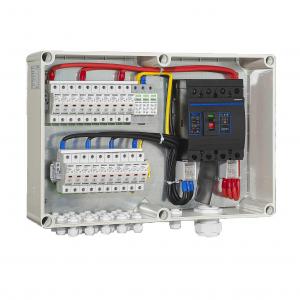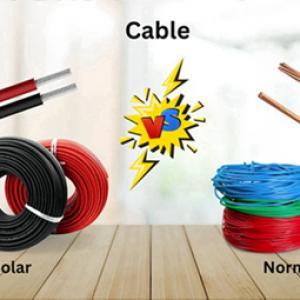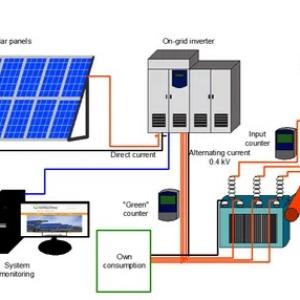Photovoltaic connector
Photovoltaic connector
What is a PV connector
A photovoltaic connector is a device used to establish a safe and reliable electrical connection between photovoltaic panels. They also connect photovoltaic panels and other components of the photovoltaic system, such as inverters, charge controllers, and batteries. Photovoltaic connectors ensure efficient energy transfer and minimize any power loss in the system.
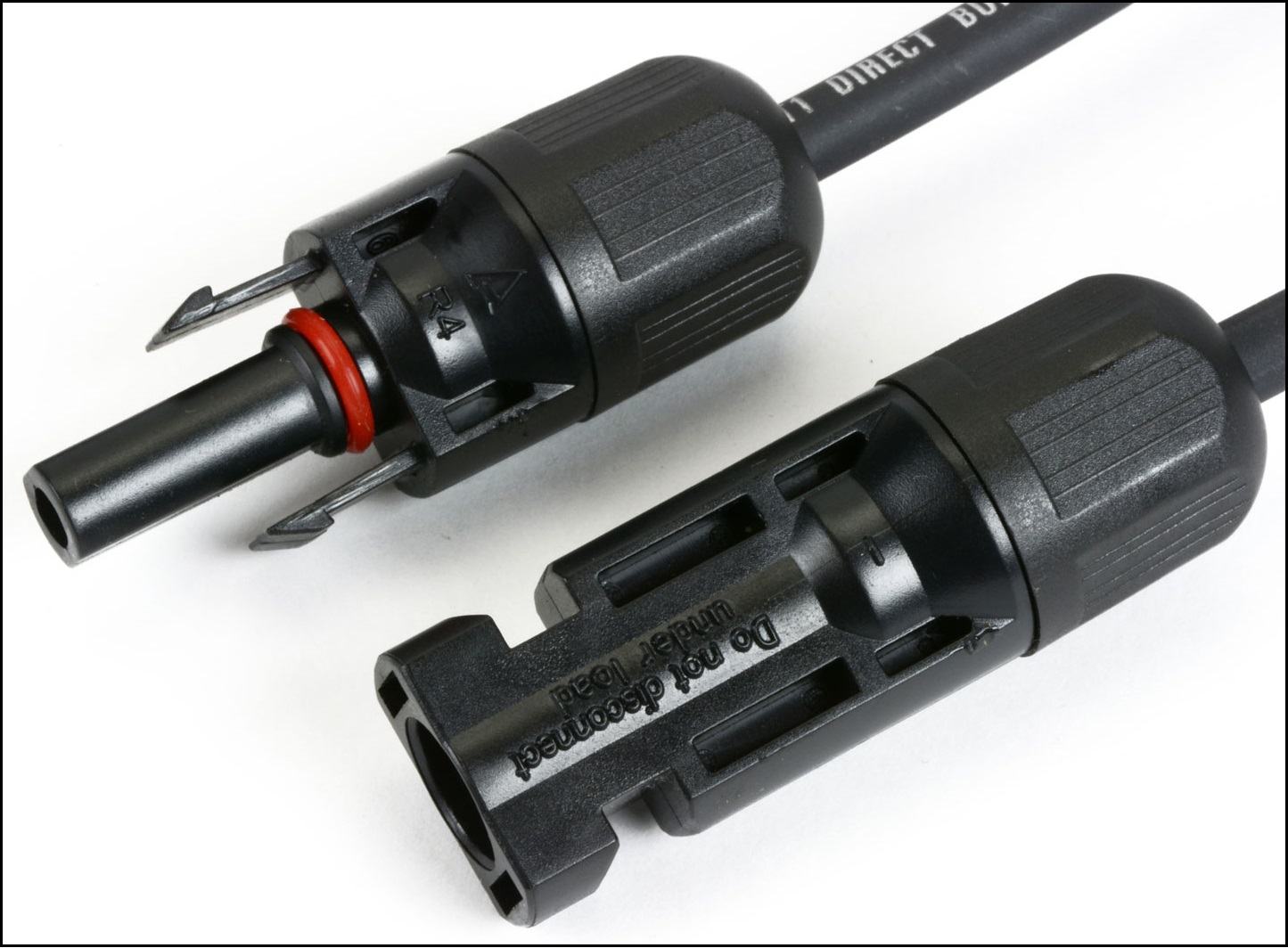
Classification of photovoltaic connectors
DC connectors
A DC connector is a connector that connects the DC output of a photovoltaic module with a DC power system. Generally, DC connectors can be divided into various types such as copper DC connectors, PPO material DC connectors, and PC material DC connectors. Copper DC connectors are the most common type of connectors, usually used in high-power power applications, relatively expensive, but have a long service life and a wide range of applications. PPO material DC connector and PC material DC connector have good high temperature resistance and corrosion resistance due to their material.
AC connectors
An AC connector is a connector that connects the AC output of a power generation device with the AC input of the distribution network. AC connectors include not only plugs, but also receptacles, connecting wires, covers, and other parts. The classification of AC connectors is the same as that of DC connectors, and the common ones are copper AC connectors, PPO material AC connectors, PC material AC connectors, etc. Its advantages and disadvantages are similar to those of DC connectors.
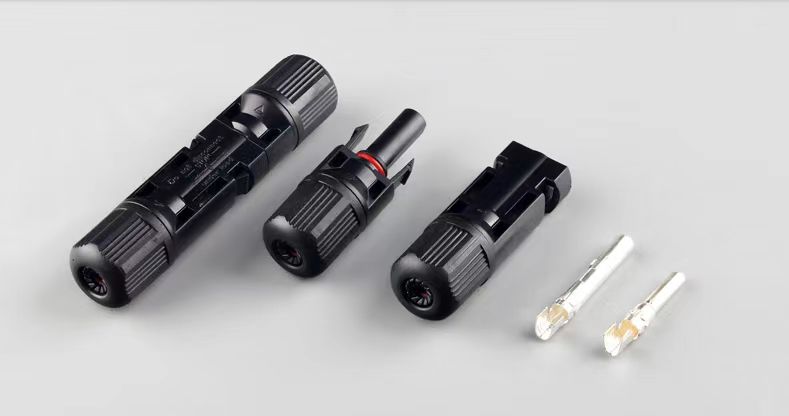
MC4 connector
The MC4 connector is one of the most commonly used connectors for polycrystalline solar panel components. Because of its easy installation, good waterproofness, high temperature resistance, corrosion resistance and other characteristics, it is widely used in photovoltaic power plants. The MC4 connector consists of three parts: the connector body, the inner core and the rivet. The main materials of the connector include PPO, PA66, etc.
Tyco connectors
Tyco connector is a connector used more in the field of photovoltaic power plants, and it is also the predecessor of MC4. Tyco connectors are made of excellent materials, have a long service life, and have good cold resistance and a wide range of operating temperatures. After years of practice and application, Tyco connectors have been gradually replaced by MC4.
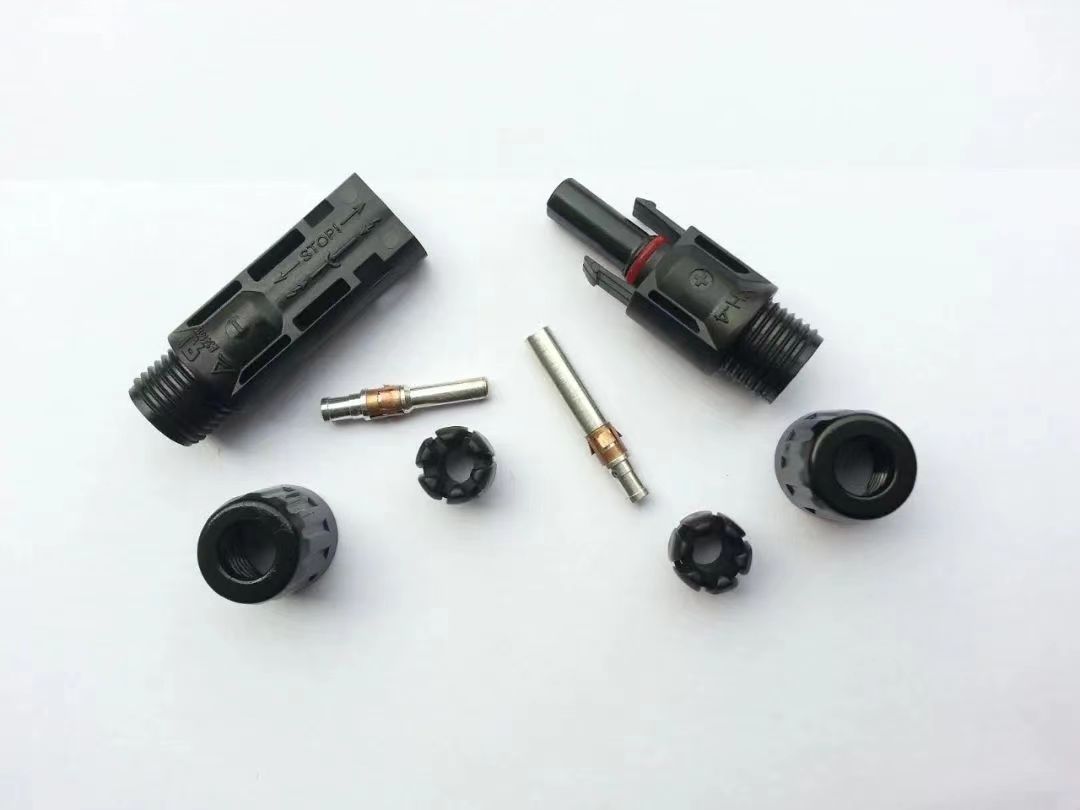
The principle of photovoltaic connectors
A photovoltaic connector is a special connector used to connect photovoltaic modules and other electrical equipment, and its main principle is to convert solar light into direct current energy and transmit it to an inverter or grid for storage or use.
When using photovoltaic connectors, photovoltaic modules convert solar light into direct current energy and deliver it into the plug of the connector. The sandwich sheet in the plug ensures that the current flows into the socket properly and connects to other electrical equipment. With photovoltaic connectors, DC power can be converted through an inverter and delivered to the grid for domestic or commercial use.
The most common among photovoltaic connectors is the MC4 industry standard. MC4 stands for "multi-contact, 4 mm" and refers to the 4 mm diameter of the connector contact pin. The MC4 is designed to be weatherproof, UV resistant, and harsh environment resistant to provide a long-term secure connection.
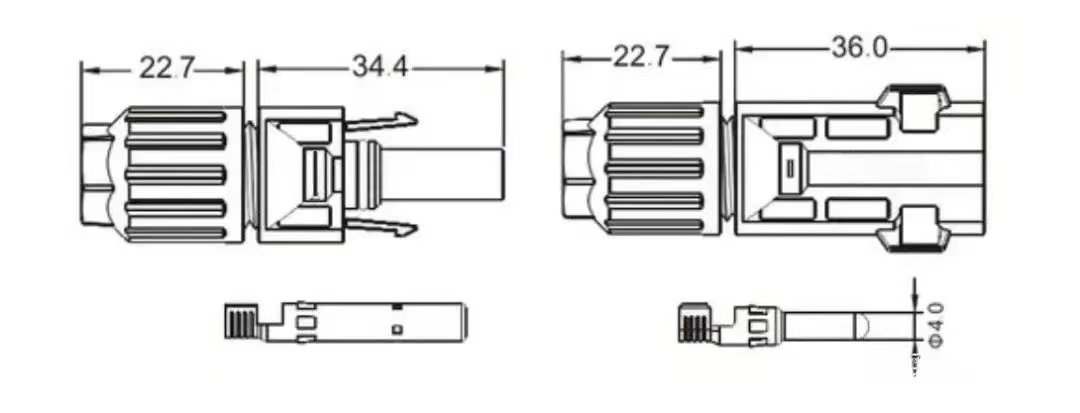
How to choose a PV connector
The rated voltage and current rating of photovoltaic connectors must meet the requirements of photovoltaic modules and other electrical equipment.
Photovoltaic connectors must have the characteristics of high temperature resistance, low temperature resistance, ultraviolet resistance, waterproof and other characteristics to meet the requirements of the outdoor environment.
The photovoltaic connector must have good plugging performance and stable connection quality to ensure the stability and safety of the solar power system.
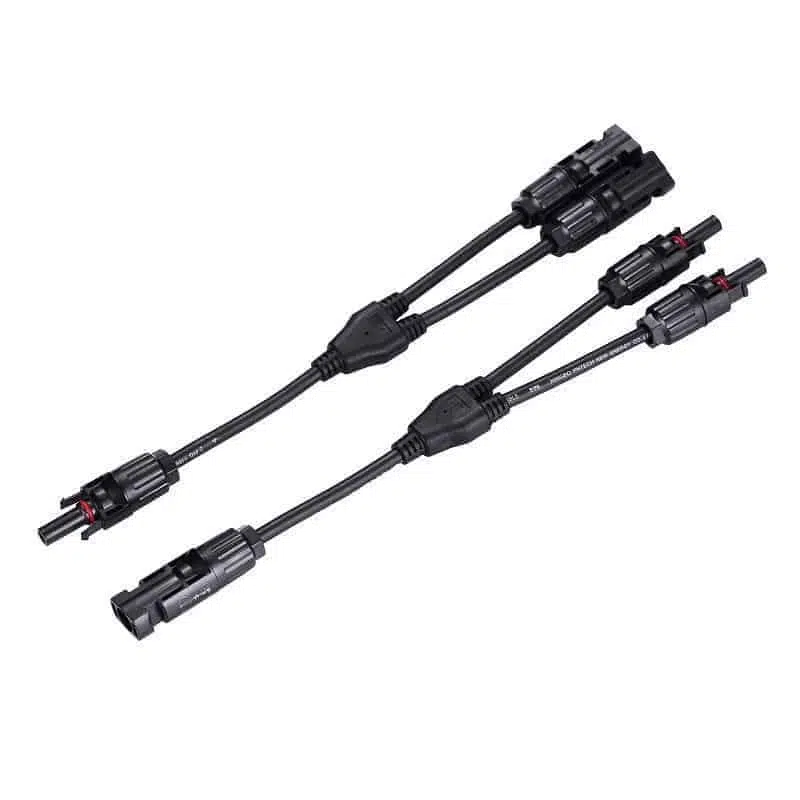
The role and application of photovoltaic connectors
Photovoltaic connectors account for a small proportion of the cost of the entire photovoltaic system, but there are many applications in the photovoltaic system, including junction boxes, combiner boxes, modules and inverters.
PV connectors are essential to PV systems to ensure their electrical efficiency, safety, weather resistance, scalability, ease of installation and maintenance, and compatibility between components. Photovoltaic connectors minimize power loss and maintain overall system efficiency by providing a safe and reliable connection between the solar panel and other components in the system balance.
PV connectors also protect against potential hazards such as arcing or short circuits and help withstand environmental conditions such as UV radiation, extreme temperatures, and moisture. A high-quality connector should be able to sustain the life of the solar PV system (about 25 to 30 years).
PV connectors facilitate easy expansion of solar arrays in series or parallel configurations, allowing for flexible system design. They simplify installation, maintenance, and compatibility with different solar panel brands and components.
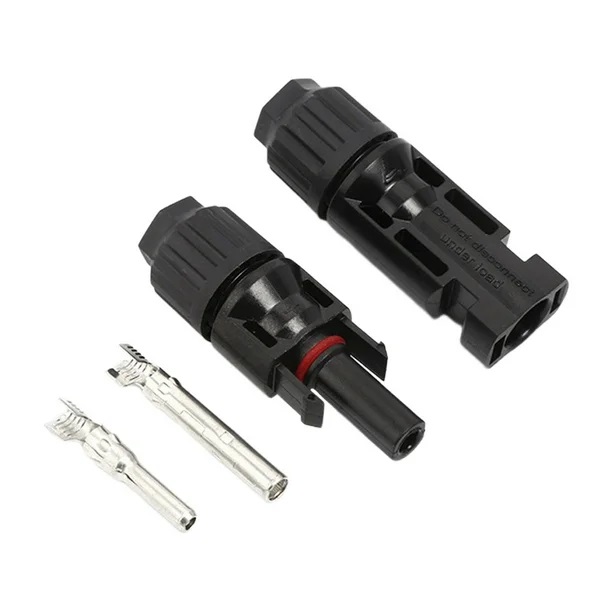
Future development of photovoltaic connectors
According to the "14th Five-Year Plan" PV installed capacity plans announced by the existing 30 provincial-level administrative regions, the estimated new PV installed capacity demand from 2023 to 2025 will exceed 313.59GW. That is to say, in 2023-2025, it is estimated that in China's new installed photovoltaic capacity, the total demand for end-to-end connectors in photovoltaic modules and inverters alone will reach 583 million ~ 1.094 billion pairs.
In the future, photovoltaic connectors will continue to evolve in terms of electrical efficiency, safety, weather resistance, scalability, and ease of installation and maintenance.
